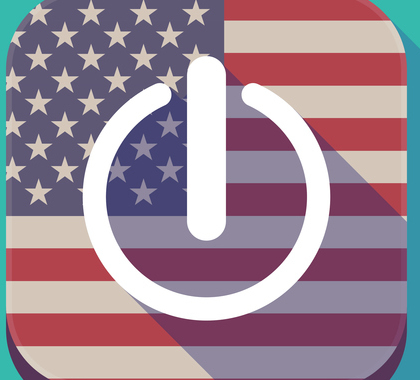This past Friday the deadline for an agreement on a “continuing resolution” on the federal budget expired, resulting in a temporary shutdown of the US government. The continuing resolution ̶ a legislative step to fund the federal government at current spending levels ̶ came to an impasse due to Republicans not having a supermajority in the Senate, requiring Democrats to come on board to support the measure. Agencies in Washington are now scrambling to maintain “necessary” services by moving around funds and delaying payment of salaries.
Republicans, who have control of Congress, are being blamed for incompetence in leadership. By conditioning their votes to an agreement on Deferred Action for Childhood Arrivals (DACA), Democrats are taking blame for supposedly putting the interests of foreigners above Americans. The Trump administration has indicated it wants to phase out the program ̶ established via executive order under President Obama ̶ that enables minors arriving in the US illegally to apply for permanent resident status. Republicans purport this encourages too much family-reunification-based immigration, which some term “chain migration,” as it bypasses other checks and balances in the immigration system. Democrats want to keep the program and are holding up the budgetary process to do just that.
Yet all of this noise over a blame game presupposes that an unimpeded federal government is a good thing for the American people. In contrast to what voters perceive, government shutdowns and more broadly, divided government, may in fact improve economic growth, not hinder it. Indeed, the very push to ensure the operation of “necessary” operations begs the question: how much does Washington do that actually isn’t necessary?
Despite popular opinion, most of what the federal government does is not homeland security, the court system, and road building. About 25 percent of the budget goes to these “necessary” services, while some 40 percent goes to things the private sector and state governments have historically performed: education, health care, and welfare delivery. They also did so at far lower cost. For instance, the lack of competitive forces in public sector labor markets mean federal employees earn 80 percent more than their private counterparts for comparable work, and even 42 percent more than state and local employees.
While divided government can admittedly be frustrating in the short run, it may promote better public policy in the long run for two major reasons.
First, economists have long recognized that just as entrepreneurs look to make profits, politicians seek profits of their own, whether that’s expanding their political influence, increasing the number of people they manage, expanding their office space, or enjoying more leisure and flexibility. Recent research out of Boston and Harvard University suggests political office is effective at setting members up for lucrative corporate boards out of office, not to mention high speaking fees and foundation work for higher profile members of Congress. President Trump has even come under criticism for trying to further business interests while in office. Without the discipline of the market system, where inefficient firms and bad ideas die out under competition, “getting things done” in Washington just might line the pockets of policy makers and lobbyists, leaving the interests of voters behind.
Second, divided government ensures that new legislation undergoes intensive scrutiny and compromise. It is far less likely for bad ideas to make their way through Congress if deliberative processes are transparent and all parties have their say. This has had an important impact on the nation’s bottom line: since the 1950s, divided government in the US is associated with a significantly slower rate of government spending. Economists have concluded this increased level of economic freedom in turn promotes stronger economic growth. Moreover, policy reform achieved through a broad consensus ̶ such as Reagan tax reduction, Clinton welfare reform, and recently, Trump cuts in corporate taxes ̶ are likely longer lived. Canada has enjoyed the fruits of a consensus of smaller, but smarter government over the past two decades for this very reason.
The latest contention over the budget is pure politics and nothing more. The political games appear aimed at cementing the illusion that centralized control of the economy is necessary or beneficial. Make no mistake ̶ it isn’t.





